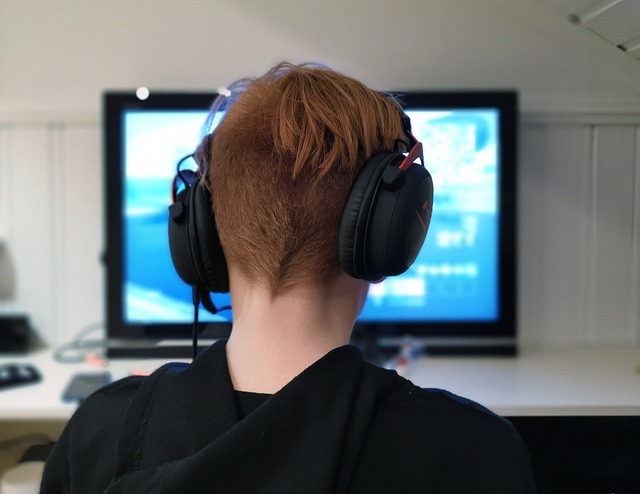The Importance of Acknowledging Children’s Gaming Emotions
In the world of online gaming, children can often become deeply invested in their gameplay, leading to strong emotional reactions when things don’t go their way. One common response from parents and caregivers is to dismiss these emotions by saying “it’s just a game.” However, child therapists emphasize the importance of not trivializing these feelings. In this blog post, we’ll explore why it’s crucial to acknowledge and address children’s emotions in online gaming and how parents can create a supportive environment for their children.
The Role of Emotions in Gaming
Gaming can evoke a wide range of emotions in children, including joy, excitement, frustration, and anger. These emotions are a natural part of the gaming experience and can provide valuable insights into a child’s mental and emotional well-being. By understanding and validating these emotions, parents can help their children develop emotional intelligence and resilience.
The Danger of Dismissal
When parents dismiss children’s emotions by saying “it’s just a game,” they risk undermining the child’s feelings and invalidating their experiences. This can lead to feelings of frustration and isolation, as children may feel misunderstood or unheard. It’s important for parents to recognize that what may seem trivial to them can be significant to a child, and dismissing these emotions can have long-lasting effects.
Understanding the Underlying Emotions

Instead of dismissing children’s emotions, parents should strive to understand the underlying feelings that may be driving these reactions. For example, a child’s anger during gaming may stem from a sense of competition, a fear of failure, or a need for control. By addressing these underlying emotions, parents can help their children develop healthy coping mechanisms and emotional regulation skills.
Creating a Supportive Environment
To create a supportive environment for their children, parents should focus on empathy, validation, and communication. Rather than dismissing their emotions, parents should acknowledge and validate their feelings, letting them know that it’s okay to feel angry or frustrated. Parents can also encourage open communication, allowing children to express their emotions and concerns without fear of judgment or criticism.
Parental Impact on Children’s Emotions in Gaming
It’s important for parents to recognize the impact of their words and actions on their children’s emotions, especially in the context of online gaming. By acknowledging and validating children’s feelings, parents can create a supportive environment that helps children manage their emotions effectively. This approach not only enhances the gaming experience but also promotes emotional intelligence and resilience in children.



